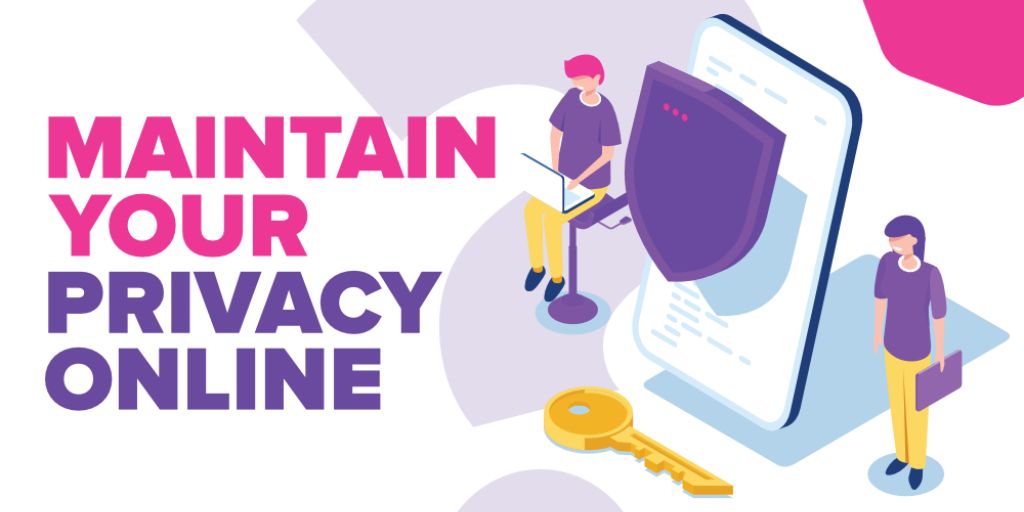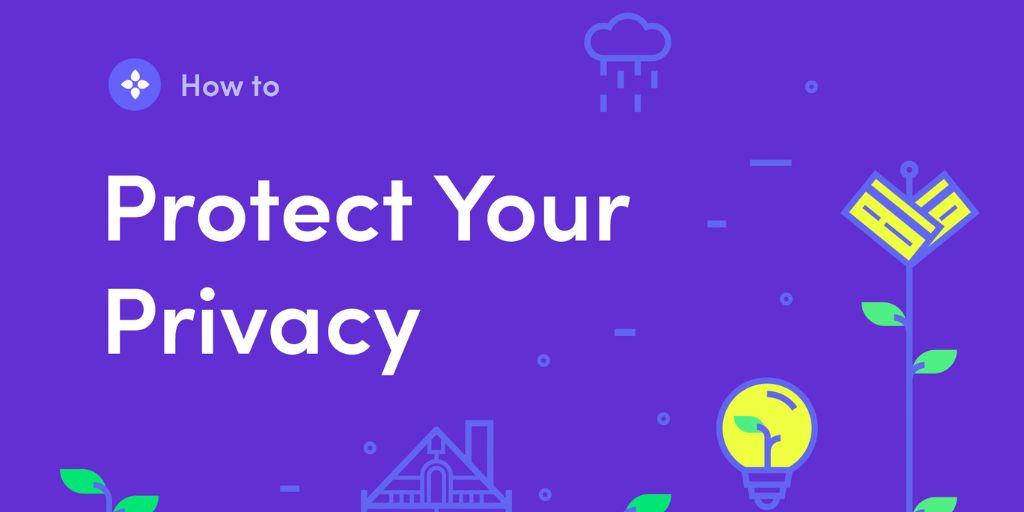In today’s digital age, your personal information is more vulnerable than ever. Every website you visit, every app you download, and every online purchase you make creates a data trail. Companies, advertisers, hackers, and even governments are constantly trying to collect, track, and sometimes exploit that information.
Fortunately, protecting your privacy online is not impossible — it just requires awareness and a few smart habits. Here’s a complete guide to help you stay safe, protect your data, and maintain control over your online identity.
1. Use Strong, Unique Passwords
Weak passwords are one of the biggest threats to online privacy. If you reuse the same password across multiple accounts, a single breach could expose your entire digital life.
-
Create strong passwords with a mix of upper- and lowercase letters, numbers, and special characters.
-
Avoid easily guessable information like birthdays, pet names, or simple patterns (“123456” or “password”).
-
Use a password manager like Bitwarden, 1Password, or LastPass. These tools create and store complex passwords for you, so you only need to remember one master password.
A good password is your first line of defense against hackers and data breaches.
2. Enable Two-Factor Authentication (2FA)
Two-factor authentication adds an extra layer of security to your accounts. Even if someone gets your password, they still can’t access your account without the second “factor.”
-
Common methods include a text message code, an authentication app (like Google Authenticator or Authy), or a hardware security key.
-
Always enable 2FA on your important accounts — especially email, banking, and social media.
It might add a few extra seconds when logging in, but it drastically reduces your risk of being hacked.
3. Be Wary of Public Wi-Fi
Public Wi-Fi networks in places like coffee shops, airports, and hotels are notoriously unsafe. Hackers can easily intercept your data on unsecured networks.
-
Avoid accessing sensitive information (like online banking) on public Wi-Fi.
-
Use a VPN (Virtual Private Network) when connecting to public networks. A VPN encrypts your internet traffic, protecting it from prying eyes.
Remember: just because a Wi-Fi network is free doesn’t mean it’s safe.
4. Adjust Your Privacy Settings
Many apps, websites, and social media platforms are set to collect as much information as possible by default.
-
Review privacy settings on platforms like Facebook, Instagram, Google, and TikTok.
-
Limit who can see your posts, personal details, and location.
-
Disable unnecessary tracking — for example, turning off location history and ad personalization.
Take control of what information you share — and with whom.
5. Think Before You Share
Oversharing online makes it easier for scammers, hackers, and even identity thieves to target you.
-
Avoid posting sensitive information like your home address, phone number, vacation plans, or workplace details.
-
Be mindful of what you reveal in public forums, comments sections, and even private messages.
If you wouldn’t want a stranger to know something about you, don’t post it online.
6. Keep Your Software Up to Date
Software updates aren’t just about new features — they’re often critical for fixing security vulnerabilities.
-
Regularly update your operating system, web browsers, antivirus software, apps, and plugins.
-
Enable automatic updates wherever possible to ensure you’re always protected against the latest threats.
Outdated software is one of the easiest ways hackers gain access to your information.

7. Use Encrypted Messaging Apps
If you value the privacy of your conversations, use messaging apps that offer end-to-end encryption — meaning only you and the person you’re communicating with can read the messages.
Top encrypted messaging apps include:
-
Signal
-
WhatsApp (owned by Meta but still uses strong encryption)
-
Telegram (note: not all Telegram chats are end-to-end encrypted by default)
Standard SMS texts are not encrypted and can be intercepted.
8. Install Reliable Security Software
Good antivirus and anti-malware software can block many common threats, such as phishing attacks, spyware, and ransomware.
-
Choose a trusted antivirus program like Bitdefender, Norton, or Malwarebytes.
-
Many modern security suites also offer VPNs, password managers, and safe browsing tools bundled together.
It’s worth investing in solid security software — think of it as insurance for your digital life.
9. Limit Tracking and Cookies
Websites and advertisers love tracking your browsing habits to serve you targeted ads and collect behavioral data.
-
Use privacy-focused browsers like Brave or Firefox.
-
Install ad blockers and tracker blockers (such as uBlock Origin or Privacy Badger).
-
Clear cookies regularly and consider using your browser’s private or incognito mode for sensitive browsing.
You should be the one controlling your online footprint — not advertisers.
10. Stay Informed About Scams
Online scams are getting more sophisticated. From phishing emails pretending to be your bank to fake tech support calls, it’s crucial to stay skeptical.
-
Verify suspicious links before clicking — hover over them to see the actual URL.
-
Don’t share personal information over the phone or email unless you initiated the contact.
-
Educate yourself about the latest scams and fraud tactics.
Awareness is one of your most powerful tools for protecting your privacy online.
Final Thoughts
Online privacy isn’t about having “something to hide” — it’s about maintaining control over your personal information and safeguarding yourself from risks like identity theft, financial fraud, and unwanted surveillance.
In today’s connected world, it’s almost impossible to be 100% anonymous or secure — but by following smart practices like using strong passwords, enabling two-factor authentication, using VPNs, and staying mindful of what you share, you can dramatically reduce your exposure to threats.
Privacy is a fundamental right. Protect it like you would your home, your wallet, or your passport — because in many ways, your digital identity is just as valuable.
A few simple habits today can save you from major headaches tomorrow. Stay alert, stay updated, and stay private.




